Mentoring and Counseling Interventions
Saga Scale-Up
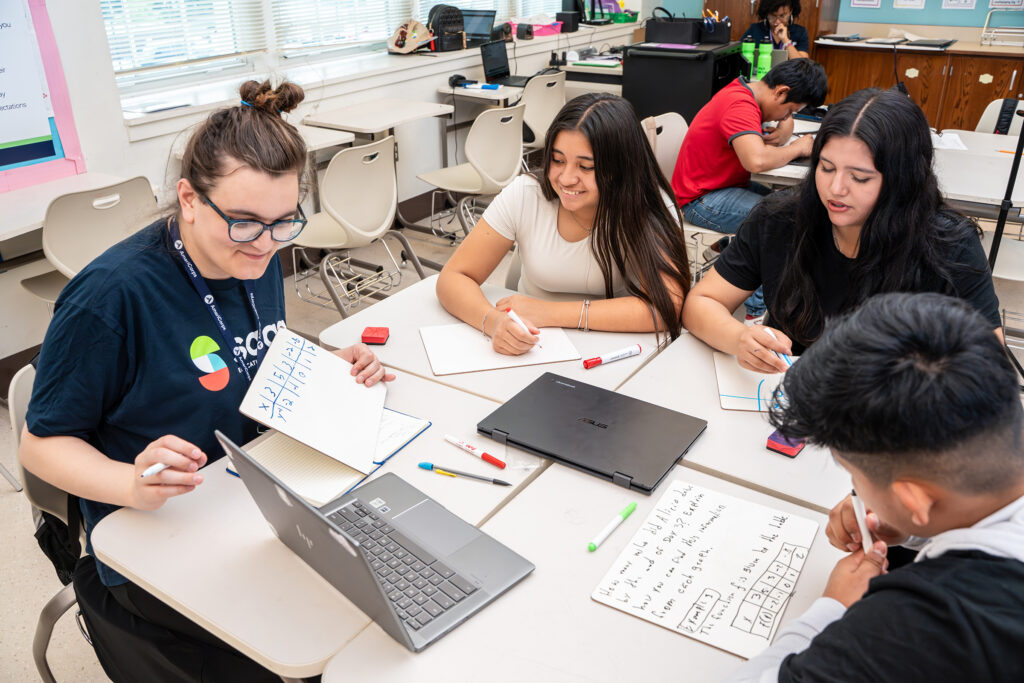
In partnership with Chicago Public Schools (CPS), the New York City Department of Education (NYC DOE), and Saga Education, the Education Lab worked to scale up a promising high-dosage tutoring model that improves academic outcomes.
Challenge
While Saga Education’s high-dosage tutoring model has proven to be effective in accelerating learning at a modest scale, most social programs are unable to maintain the same level of effectiveness as the program scales up to reach more people.
Opportunity
As the Saga Education high-dosage tutoring program scaled in Chicago and New York City high schools, the Education Lab conducted a randomized controlled trial to investigate potential changes in the program’s effectiveness as it expanded. To do so, we used a unique study design that allows us to estimate the impact of the Saga model at large scale before implementing it at large scale in practice.
Project overview
Saga Education’s intensive individualized, during-the-school-day math tutoring has been shown to be effective at generating large gains in academic outcomes in a short period, even among students who are many years behind grade level. However, given that most social programs are unable to maintain the same level of effectiveness as they expand to reach more people, it was crucial to understand whether and how the program’s effectiveness would change when operating at a larger scale.
The Education Lab evaluated the impacts of Saga’s high-dosage tutoring model at scale in Chicago and New York City high schools. To do so, we applied insights from price theory and field-based randomized controlled trials to measure the effect of the Saga High Dosage Tutoring (HDT) model at large scale before implementing at scale. The theory driving this study involves the understanding that, as a program scales, there may be a decline in the quality of workers the program provider is able to hire to implement the program. To estimate how the program would work at large scale without having to expand to more schools or to pay the costs of implementing at larger scale, Saga Education recruited tutors as though they were implementing at 3.5 times the size of actual implementation but selected tutors to hire from this larger group of potential hires and rank-ordered the tutors based on their expectation of the tutors’ effectiveness at the time of hiring. This method, combined with a randomized controlled trial, allowed the Education Lab to evaluate the Saga HDT model implemented at a larger scale to determine whether tutor effectiveness impacted student outcomes.
Years Active
2016 – present
Project Leads
Jon Guryan
Faculty Co-Director
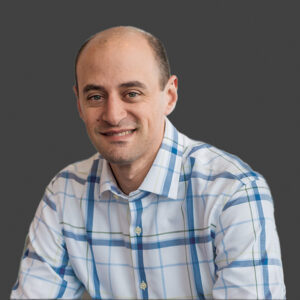
Jens Ludwig
Faculty Co-Director
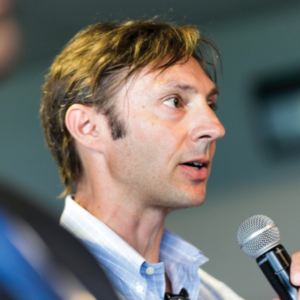
Kelly Hallberg
Scientific Director, University of Chicago Inclusive Economy Lab

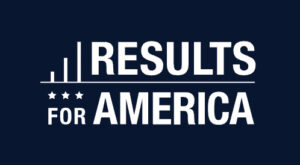
Scaling Promising Practices in Youth Mentoring
This case study by Results for America highlights the Crime Lab and Education Lab’s role in the City of Chicago’s bold initiative to expand the evidence-based Becoming a Man group mentoring model to serve thousands of young men.
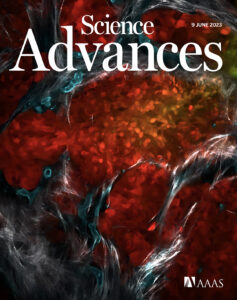
Randomized evaluation of a school-based, trauma-informed group intervention for young women in Chicago
Science Advances journal publication.
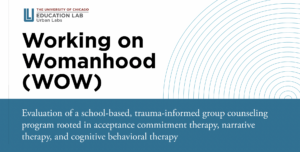
Working on Womanhood Research Brief
Research brief for the Working on Womanhood project.

Seizing the Opportunity to Advance Education Equity
2021 Education Lab report on barriers to education faced by CPS students.
